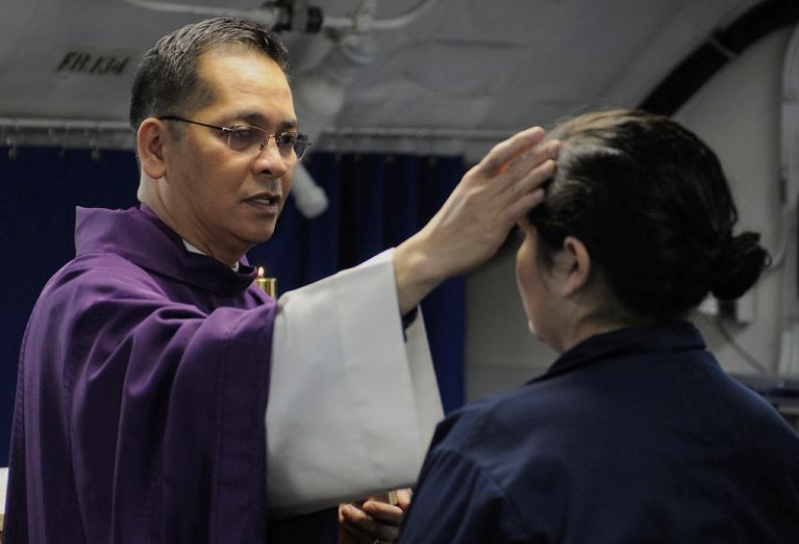
As the Lenten season begins this Wednesday, Feb. 10, Christians all over the world aim to emulate the actions of Jesus Christ and make the necessary preparations for celebrating Easter within these 40 days of atonement, prayer and fasting.
Starting this Ash Wednesday, it is expected that such individuals will reflect on His life, death and resurrection. The Lenten season will end on Holy Saturday, the day before Easter Sunday, which falls on Mar. 27 and marks the celebration of the resurrection of Jesus Christ.
Together with the Roman Catholics, western Christian Groups such as the Methodists, Presbyterians, Lutherans and Anglicans, will observe Lent by placing more emphasis on spiritual renewal as well as by reflecting on Christ’s suffering on the cross for the sins of mankind.
Although the Bible does not specifically mention Ash Wednesday, the practices carried out during the day, such as expressing remembrance and respect using ashes can be found in both the Old and New Testaments. Ashes are known as a symbol of sorrow and remorse, hence an acceptable means of expressing one’s grief for sinning against God.
As pointed out in Jonah 3:6: "When the news reached the king of Nineveh, he rose from his throne, took off his royal robes, covered himself with sackcloth and sat down in the dust."
The practice of placing ashes on worshippers’ foreheads is recognized as a sign of contrition and humility. In particular, it is believed that, by marking and leaving one’s forehead with ashes, people are reminded that they are sinners who need repentance and that Christ forgives all sins through faith.
Meanwhile, the 40 days of fasting is mentioned in Matthew 4, in which Jesus is said to have spent 40 days and 40 nights in the wilderness as he prayed, endured temptation and fasted.
Fasting typically calls for the need for abstinence from food. However, believers have also been making their personal promises of abstinence, such as refraining from eating meat or taking in alcohol.
At present, Roman Catholics avoid meat consumption every Friday during the Lenten season. Eastern Orthodox Christians, though, are known to practice stricter fasting rules as they are not allowed to take in meat, eggs or dairy products. Nonetheless, fish can still be consumed on Palm Sunday, Mar. 20.
In addition, Lent observers seek to practice good habits during the 40-day period, such as spending time and helping out at a local shelter or offering a prayer every day for a loved one or even a stranger.
Others promise to give up gossiping and indulge in more humble behaviors. Withdrawing from such things is carried out to bring these believers closer to Christ, especially if one spends his spare time for prayer or commits more effort for his family.
However, certain acts of penance that will have adverse effects on an individual’s health or the health of others are considered opposing to God’s will.
All in all, during the time of Lent, believers undergo fasting and abstinence in order to be reminded of the essence of Christ’s suffering. Such sacrifice should not be endured with misery but celebrated with joy as we understand the immensity of His love for humanity.







